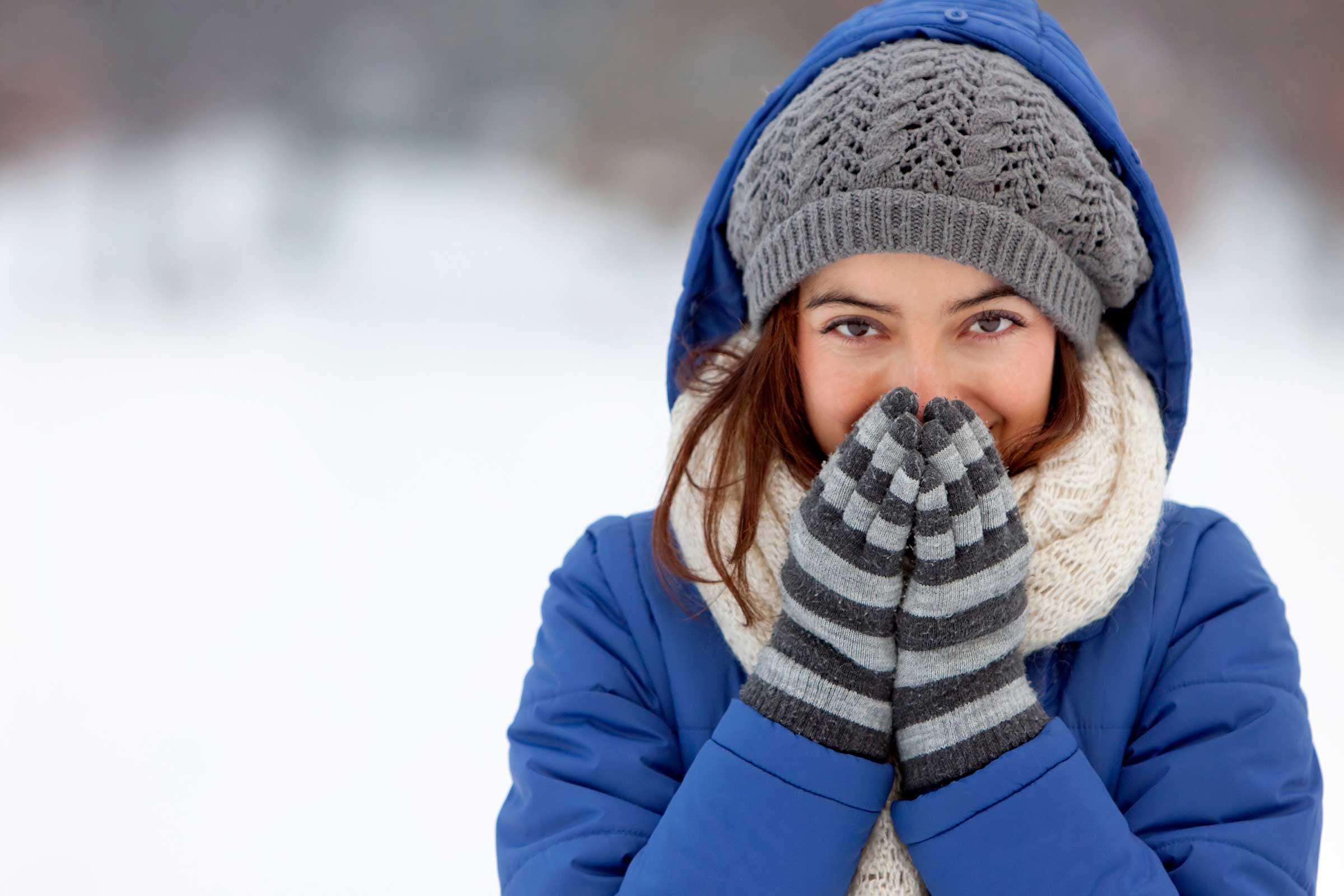
Why women always seem colder than men
Women have a higher percentage of body fat and conserve more heat around the core, which helps keep vital organs warm, but not extremities. And when your hands and feet feel cold, so does the rest of your body, Kathryn Sandberg, director of the Center for the Study of Sex Differences in Health, Aging and Disease at Georgetown University, told Reader’s Digest. Research also indicates that women have a lower threshold for cold than men. When women and men are exposed to the same freezing temperature, blood vessels in women’s fingers constrict more than men’s do, which is why they turn white more quickly. Don’t miss these 12 ways your body deals with cold temperatures.

Your temperature is not 98.6 degrees
That gold standard number came from measurements on thousands of patients calculated by German physician Carl Reinhold August Wunderlich in the 19th century—but more recent research has proved that number wrong, according to Real Clear Science. Using far more accurate thermometers, University of Maryland researchers found that the average body temperature is closer to 98.2 °F. But for what it’s worth, your temperature at any given time is unlikely to be 98.2 degrees exactly. As the site explains, “Your body’s temperature fluctuates throughout the day, from roughly 97.6 °F at six in the morning to 98.5 °F at six in the evening. In fact, a temperature as high as 99.5 °F is still considered healthy.”
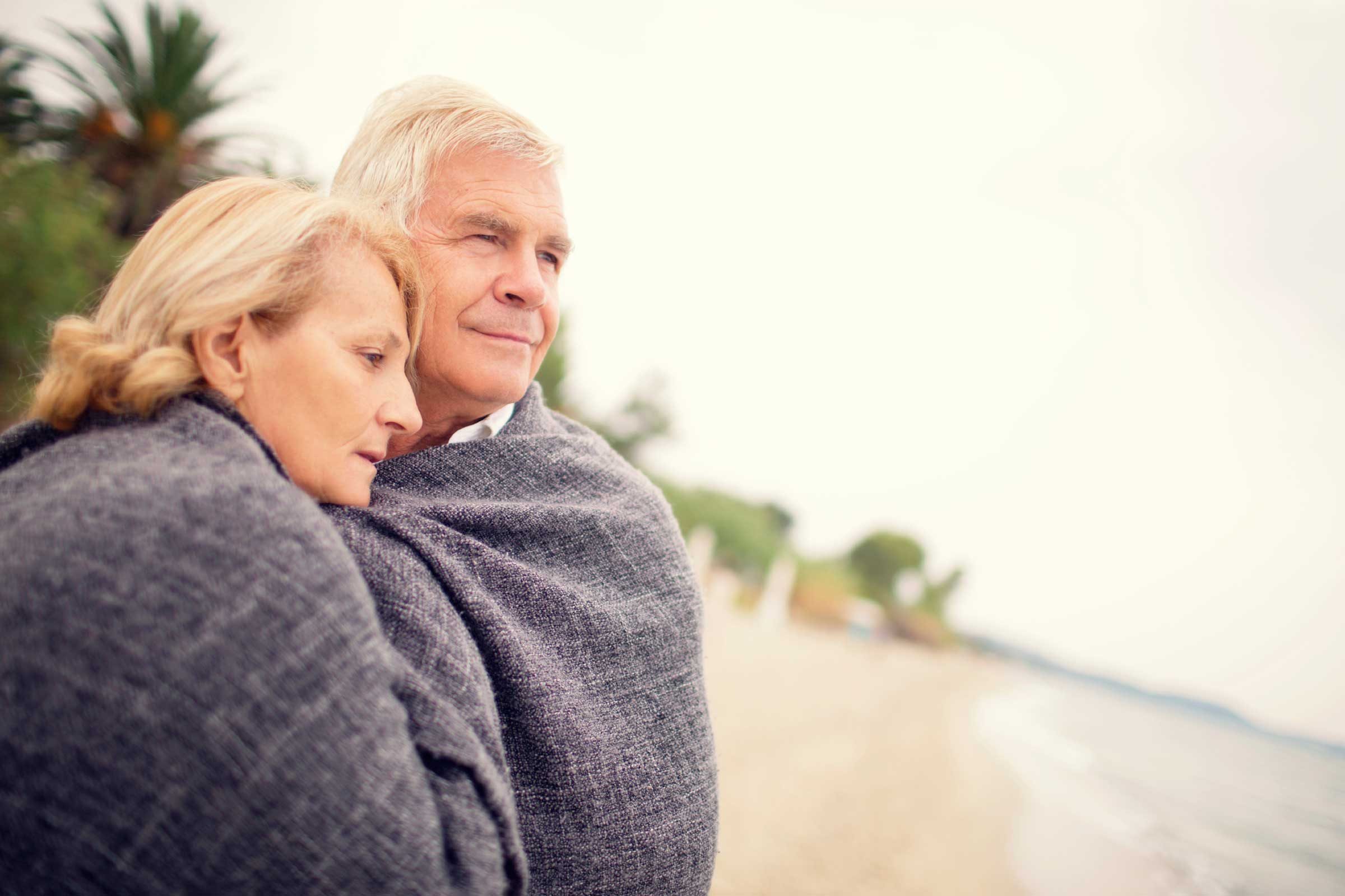
Body temperature gets lower with age
Your average body temperature doesn’t stay the same your whole life, either. Temperature seems to dip slightly from decade to decade, and this change becomes particularly important in the elderly. According to the New York Times, drops of even a couple of degrees can lead to fevers going undetected. In a study published in the Journal of the American Geriatric Society, about half of patients who had infections had temperatures under 101 degrees, even though they had large swings in body temperature (of 2.4 degrees or more). Here are some medical reasons you might feel cold all the time.

You don’t lose more heat through your head
Here’s the faulty logic behind this old wives’ tale. Your head represents only 10 percent of your body’s surface area. “So if the head were to lose even 75 percent of the body’s heat, it would have to lose about 40 times as much heat per square inch as every other part of your body,” Richard Ingebretsen, MD, PhD, a wilderness medicine expert at the University of Utah School of Medicine, explained to WebMD. Studies have shown that people lose the same amount of heat from whatever area of their body is exposed. “The real reason we lose heat through our head is because most of the time when we’re outside in the cold, we’re clothed,” he said.
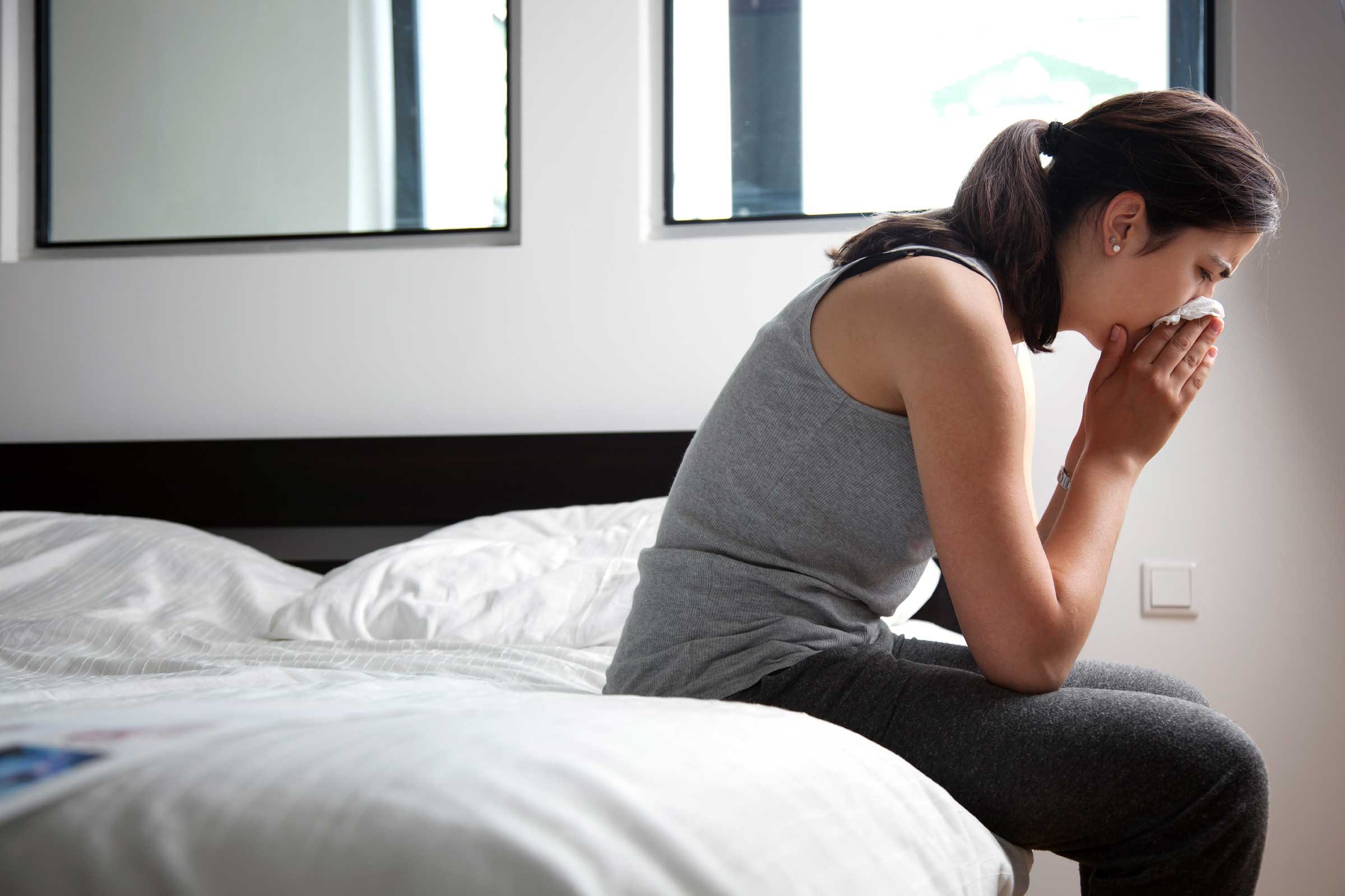
When you’re sick, fever is often a good thing
It’s your body’s way of fighting off germs. A study in the Journal of Leukocyte Biology found that increases in body temperature help our immune systems work more effectively. “Having a fever might be uncomfortable, but this research report and several others are showing that having a fever is part of an effective immune response,” John Wherry, PhD, the journal’s deputy editor, said in a press release. “We had previously thought that the microbes that infect us simply can’t replicate as well when we have fevers, but this new work also suggests that the immune system might be temporarily enhanced functionally when our temperatures rise with fever. Although very high body temperatures are dangerous and should be controlled, this study shows that we may need to reconsider how and when we treat most mild fevers.” This is why you feel cold when you have a fever.
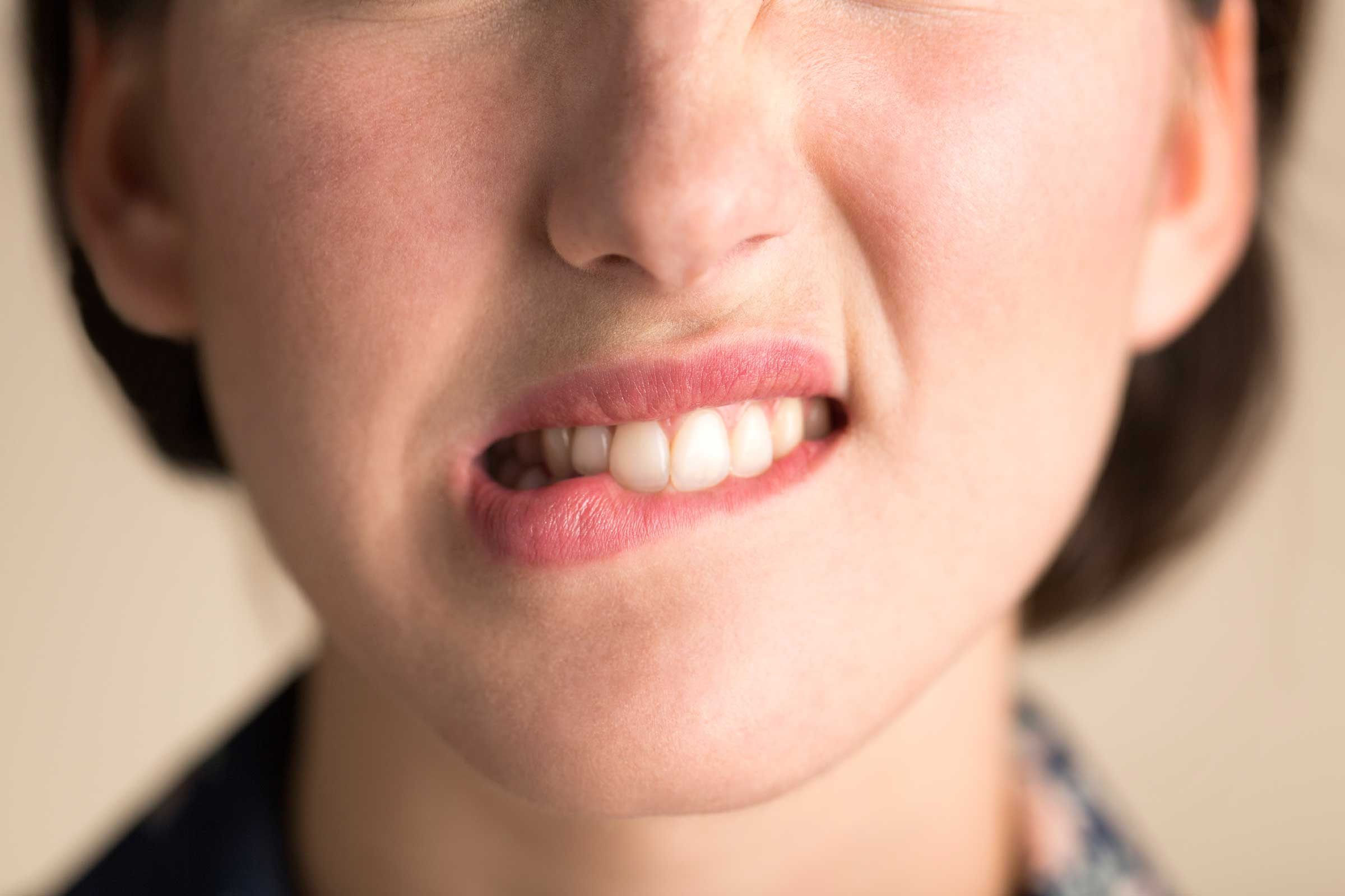
Lying can make your nose grow warm
Call it a modified Pinocchio effect. Researchers at the University of Granada used thermal imaging to discover that lying-induced anxiety causes the nose and areas near the eyes to grow warm, Everyday Health reported. (By the way, your nose is one of two body parts that never stop growing.)
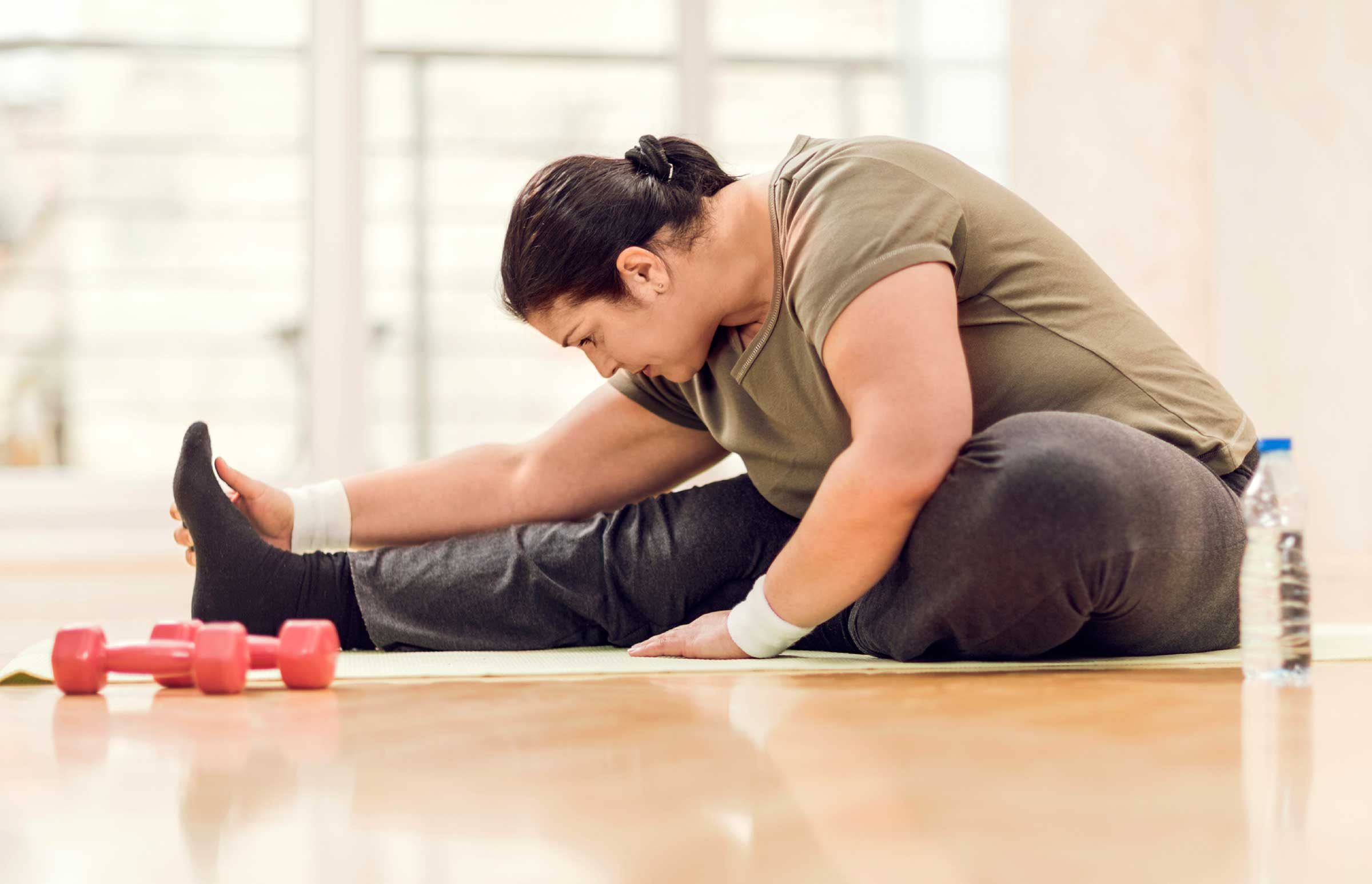
Body temperature could affect weight
A group of Italian and American researchers last year published a study in the journal Chronobiology that sheds some fascinating new light why some people may be prone to obesity. The researchers found that obesity is linked with a significant reduction in core body temperature during daylight hours. “The reduced ability of obese people to spend energy as heat compared to lean individuals could result in long term weight gain—about 4.5 pounds—per year, depending on the lifestyle,” according to journal editor Francesco Portaluppi on Science Daily. Study authors called this reduced core body temperature a “biological handicap” that can predispose people to becoming obese. Though more research is needed, this finding could lead to new avenues for obesity treatment.
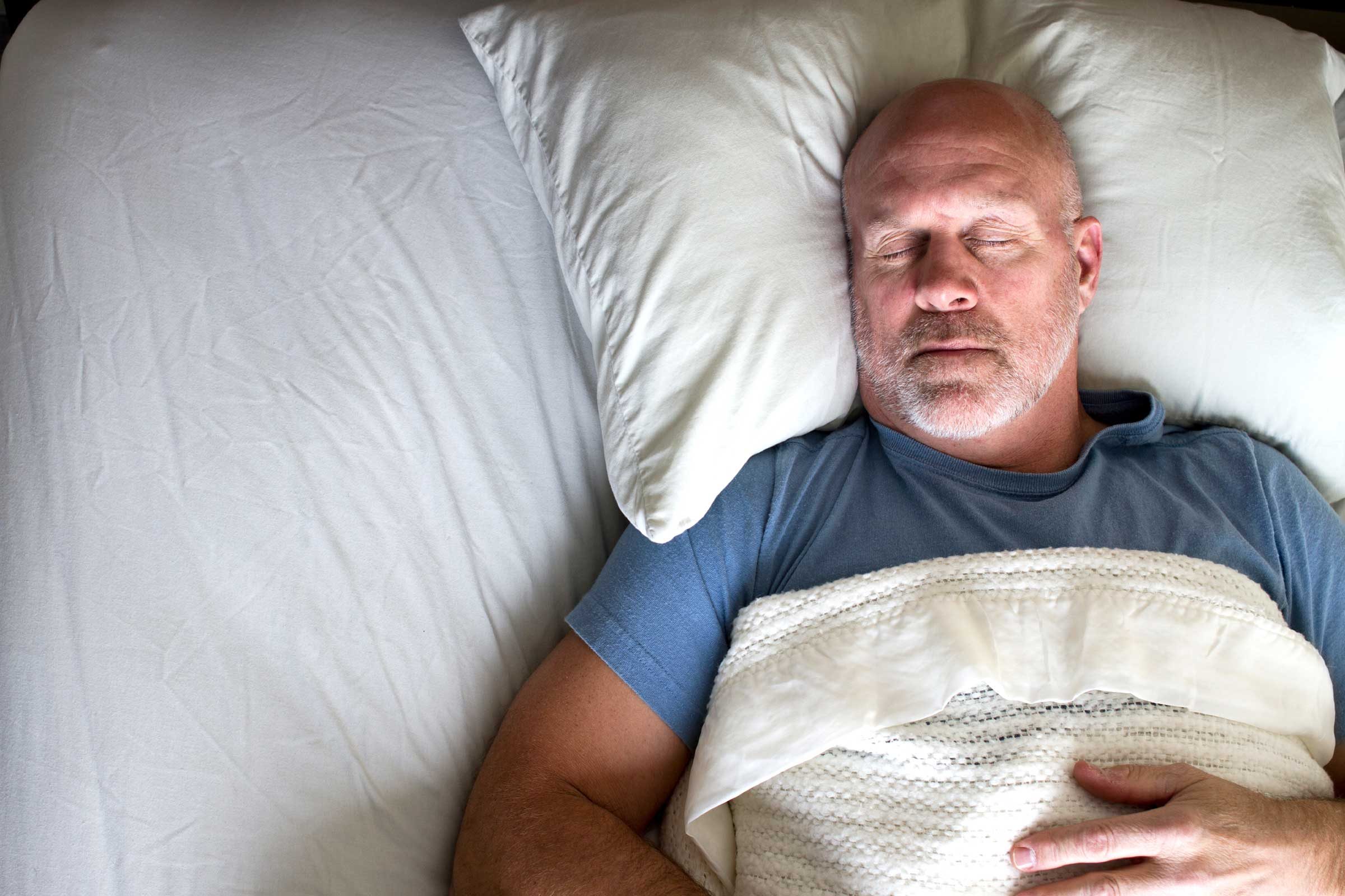
Your body temperature can affect your shut-eye
Right before we fall asleep, our bodies begin to lose some heat to the environment—a drop of about 1 to 2 degrees—and this temperature change may actually help us fall and stay asleep, according to information from the division of sleep medicine at Harvard Medical School. That’s why taking a warm bath or shower before bed is an oft-recommended insomnia remedy. The temperature drop we experience after stepping out of the tub may help signal to our brain that it’s time to nod off. Setting your thermostat to 65 degrees is also one of the habits that good sleepers have.

Alcohol doesn’t make you warmer
Think twice before bringing that flask out to the ski slopes. The body’s first major reaction to cold is to constrict blood vessels to conserve body heat, but alcohol has the opposite effect: It causes your peripheral blood vessels to dilate, sending heat out to the environment, according to Robert Kenefick, PhD, research physiologist at the U.S. Army Research Institute of Environmental Medicine. The warm skin you might feel after imbibing? It’s a false sense of security in cold weather. Alcohol actually causes your core temperature to drop, which can lead to hypothermia in extreme cases.